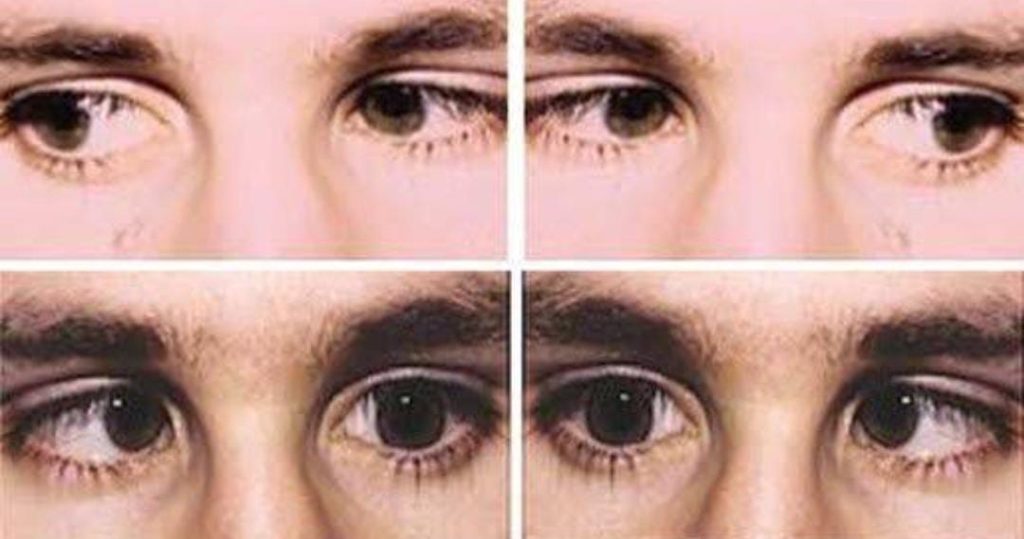Nystagmus is a condition where the eyes move rapidly and uncontrollably. They can move up and down (vertical nystagmus), side to side (horizontal nystagmus), or in a circle (rotary nystagmus)
The movement, which typically involves both eyes, can be slow or swift. When gazing in particular directions, the eyes could tremble more. Nystagmus patients may tilt or turn their heads to improve their vision. The eye motions are slowed down as a result.
Eye motion is controlled by the brain. When you tilt your head slightly, your eyes immediately shift to accommodate. This makes the image you are viewing more stable and helps you see a sharper image. The parts of the brain that regulate eye movements are dysfunctional in persons with nystagmus.
Sometimes the cause of someone’s nystagmus is unclear. Nystagmus can occasionally be a symptom of other eye issues.
Nystagmus is connected to a positive family history of nystagmus, Albinism (loss or lack of colour, or pigmentation, in the skin) a variety of newborn and toddler eye conditions, such as cataracts, strabismus, and focusing issues, issues with the inner ear, including Meniere’s disease, stroke and multiple sclerosis (a common cause of acquired nystagmus in older people), head trauma (a common cause of acquired nystagmus in younger people), using alcohol or drugs, or taking certain medications, such lithium or anti-seizure drugs.
Rapid, uncontrollable eye movement is the predominant sign of nystagmus. The movement is often side to side. It may also be round or up and down. The movement, which typically affects both eyes, can be slow or fast.
Nystagmus symptoms, in addition to rapid eye movement, also include light sensitivity, dizziness, difficulties seeing in the dark, vision issues, tilting or turning the head, and the feeling that the world is shaking.
An ophthalmologist makes the diagnosis of nystagmus. They will test your vision and examine the inside of your eyes. Additionally, your ophthalmologist will look for any additional vision issues that could be linked to nystagmus. These issues could be strabismus (misaligned eyes), cataracts (clouding of the lens of the eye), retinal or optic nerve issues, or cataracts.
At The Eye Center- Dr. Mahnaz Naveed Shah & Associates our team of eight ophthalmology subspecialists/ eye specialists, eye surgeons who are considered amongst the very best eye specialists in Karachi and in Pakistan, have the diagnostic and treatment capabilities to treat from the simplest to the most complex patients. We work hard to provide our patients with the best possible medical and surgical eye care, in a state of the art purpose built eye care facility. We offer the entire array of medical, laser and surgical treatments to help provide patients the best possible care in the most efficient, safe and ethical manner.
If you need an appointment, please contact us at 03041119544 during our working hours or leave us a WhatsApp message at +923028291799 and someone will connect with you. Walk-in appointments are also available for emergencies. We can also be reached through our web portal on www.surgicaleyecenter.org


